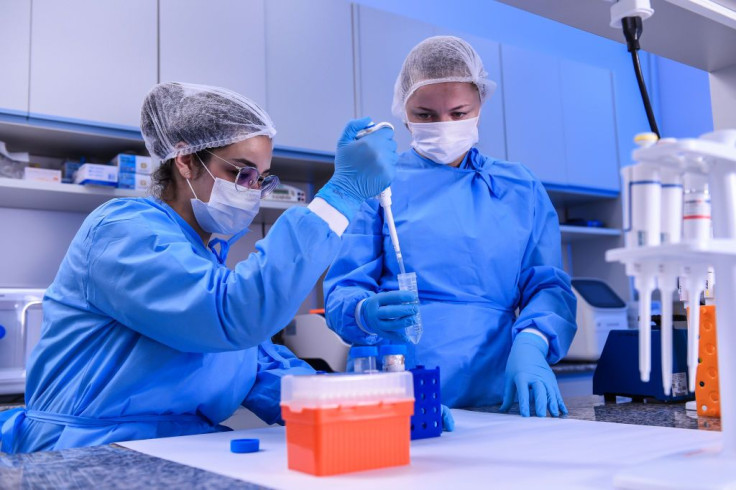Several Swedish hospitals have halted the use of anti-malaria drug chloroquine to treat COVID-19 due to its adverse side effects. The hard-dosed drug is said to have caused severe cramps and loss of peripheral vision on coronavirus patients being treated in the Vastra Gotaland region in Sweden.
Carl Sydenhag, a 40-year-old COVID-19 patient from Stockholm, recounted experiencing severe headache and other severe side effects after being prescribed two tablets of chloroquine a day. He also experienced cramps and vision loss, accompanied by a headache that “felt like stepping into a high voltage plant.”
According to Magnus Gisslen, chief physician at Sahlgrenska University Hospital’s infection clinic, they stopped administering chloroquine two weeks ago after receiving such reports. “There were reports of suspected more serious side effects that we first thought,” he said. “We cannot rule out serious side effects, especially from the heart, and it is a hard-dosed drug. In addition, we have no strong evidence that chloroquine has an effect on COVID-19,” he added.
Although the use of chloroquine has been widely advocated by some as a potential treatment for COVID-19, no specific drug has been scientifically proven to treat the deadly disease. In the U.S., however, Donald Trump has touted the use of hydroxychloroquine, another anti-malaria drug, in treating COVID-19. In fact, he announced on Sunday that the federal government had already stockpiled 29 million hydroxychloroquine pills to treat coronavirus patients in the U.S.
Last month, the U.S. Food and Drug Administration approved the use of hydroxychloroquine to treat COVID-19 despite lack of scientific studies to prove the effectiveness of anti-malaria drugs in treating the disease. Previous studies conducted on chloroquine and hydroxychloroquine yielded mixed and inconclusive results.
One study showed that anti-malaria drugs provide no clinical benefit to coronavirus patients who are already being treated with antiviral drugs. Another study, however, showed that both chloroquine and hydroxychloroquine help lower viral load in COVID-19 patients.
Last week, a paper disputed claims that chloroquine can be used to treat COVID-19, saying that the drug has no evidence of antiviral clearance or benefit. U.S. top infectious disease expert Dr. Anthony Fauci supported the paper, saying that when it comes to the benefit of using anti-malaria drugs to treat COVID-19, “the data are really just at best suggestive.”

© 2025 Latin Times. All rights reserved. Do not reproduce without permission.



